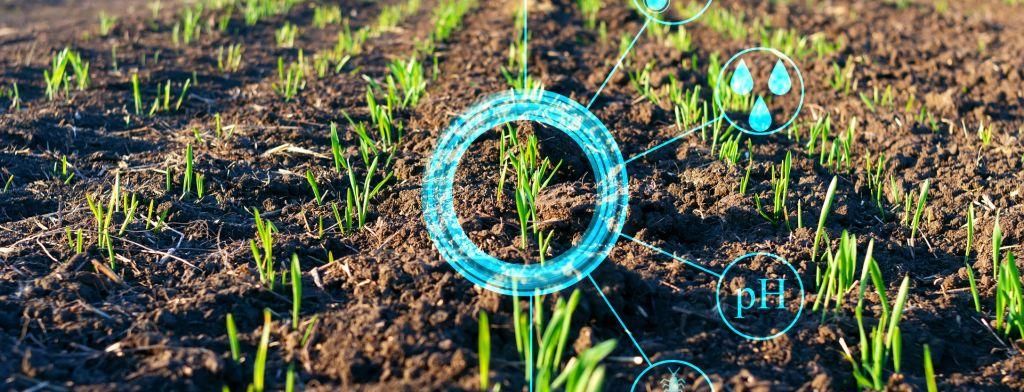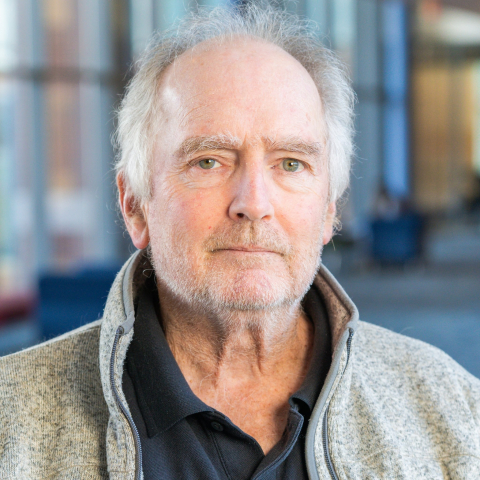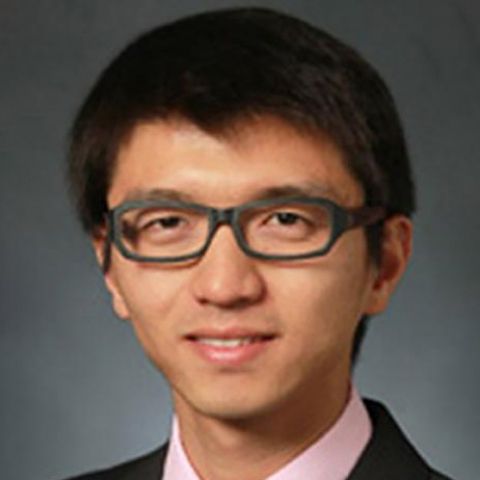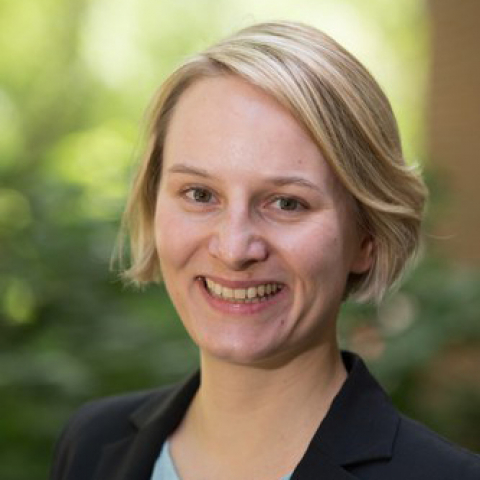Sensors and Artificial Intelligence

Synthesizing, patterning, and integrating diverse, gas-sensitive nanomaterials via a direct laser writing approach into flexible sensor device platforms and exploring their potential for combinatorial sensing of plant/animal health-relevant gases. The time is ripe to precisely measure/categorize “smells” with an approach similar to barcoding. The potential for practical use of “smells” is evident in rapidly advancing sensor technologies resulting in cancer detection from specific human volatiles. Combined with the power of machine learning and artificial intelligence we can more rapidly resolve the complex nature of the signals and cues around us.
Topics:
- Precision Agriculture
- Medical Sensors
- Field Monitoring
Jared Ali
Associate Chair, Intercollege Graduate Degree Program in Ecology; Director of the Center for Chemical Ecology; Associate Professor of Entomology
Behavior and chemical ecology of multi-trophic interactions, including plant responses to below-ground herbivory and nematode. Insect community ecology, chemical ecology, and coevolution. Trophic cascades, above- and below-ground interactions, chemotaxis of soil nematodes, and evolution of plant defense strategies.
Francisco Dini-Andreote
Huck Early Career Chair in Microbial Community Ecology, Associate Professor of Plant Science
Microbiome, plant-microbe interactions, and community ecology. Harnessing the plant microbiome to enhance protection against biotic and abiotic stresses.
Christina Grozinger
Director of the Huck Institutes of the Life Sciences; Publius Vergilius Maro Professor and Huck Scholar of Entomology
Genomics of social behavior and health in bees
Mahmut Kandemir
Professor of Computer Science
Optimizing compilers, runtime systems, mobile systems, embedded systems, I/O and high performance storage, non volatile processors and memory, and public cloud service






